Kordofan crop traders boycott market, fuel and drug prices continue rise
Market traders in West Kordofan’s En Nahud are on strike as of Monday to reject of the collection of Muslim alms from farmers instead of producers. Pharmacists report that medicine prices continue to spike.
 Vegetable market in El Obeid, capital of North Kordofan (file photo)
Vegetable market in El Obeid, capital of North Kordofan (file photo)
Market traders in West Kordofan’s En Nahud are on strike as of Monday to reject of the collection of Muslim alms from farmers instead of producers. Pharmacists report that medicine prices continue to spike.
The traders of the international crop market in En Nahud started their strike by boycotting the crop trade and shutting down the market. They deem the collection of Zakat (Muslim alms) from farmers instead of producers contrary to Sharia law.
On Monday, the Zakat Bureau issued a statement that the Sudanese Chamber of Commerce faces a rise in fees other than Zakat and its activities suffer from the liquidity shortage of banks. The Zakat Bureau explained that the recent decision to collect alms from farmers is in line with the Sharia and based on a circular decision issued at the beginning of each season.
Fuel crisis
El Managil in El Gezira state experiences a severe fuel crisis according to rickshaw drivers. One of the drivers told Radio Dabanga that the fuel rations they can obtain at the fuel stations have not been sufficient. “This forces us to buy from the black market, at SDG120 per gallon ($2.50*), while it is SDG33 ($0.70) at the pump.”
Meanwhile the prices of imported medicines from abroad have increased in Sudan by 300 percent, as pharmacists point out to Sudanese media. Locally manufactured medicines have also increased, by about 100 percent.
A number of pharmacists and patients have pointed to the total lack of medicines of mental and digestive system diseases. They attribute the high prices of medicines to companies importing medicine at the price of the black market, which leads to the high price for consumers.
On February 14, the Central Pharmacists Committee announced that the National Council for Medicines and Toxins approved a new undeclared increase in the prices of imported medicines by between 30 and 57 percent. The increasing prices have forced foreign pharmaceutical companies within Sudan to close their doors.
Public anger in Sudan has been building up over price rises and other economic hardships, including expensive bread, fuel and medicines, as well as limits on cash withdrawals over a liquidity crisis. Pharmacies in the Sudanese capital Khartoum as well as the other states are witnessing lack of many types of medicines amid rising prices.
Dangerous road
Residents of El Obeid, the capital of North Kordofan, complained about the frequent occurrence of accidents on the El Obeid-Bara-Omdurman road.
They said the last incident on the road last week killed four people. Drivers attributed the accidents to the narrow road.
* As effective foreign exchange rates can vary widely in Sudan, Radio Dabanga bases all SDG currency conversions on the Market Makers Mechanism-determined daily US Dollar rate quoted by the Central Bank of Sudan (CboS).








 and then
and then